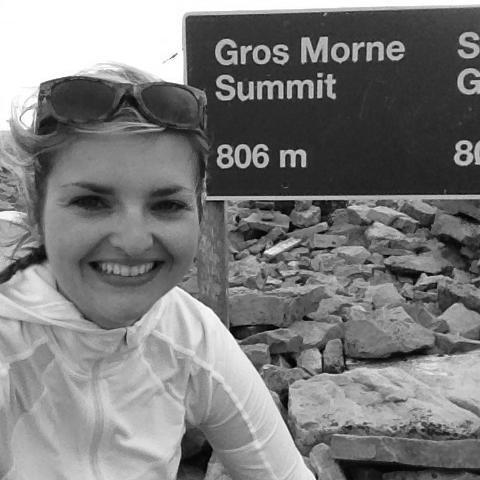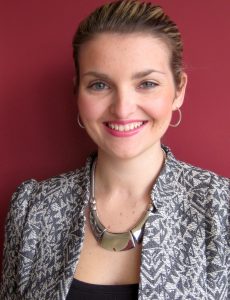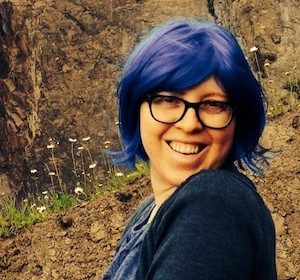
Nicole Furey
Age: 25 (at time of posting)
What was your diagnosis? Chordoma
How did you find out you were sick? What led to your diagnosis?
For years, I had been in extreme neck and back pain, but everyone (myself included) was blaming it on a bad fall I had several years prior. The pain started to increase to a point where I found it difficult to stand for any length of time. I was fatigued and I started to get some strange symptoms that included a burning in my left arm, twitching in my eyes, and constant dizziness. Finally my doctor referred me to a neurologist who sent me for a CT scan “just to be sure it wasn’t a pinched nerve.” Turns out, it wasn’t.
What year was it? What was your age at the time?
The end of 2009, just before I turned 20.
In which hospital were you treated?
St. Michael’s Hospital in Toronto and Massachusetts General Hospital in Boston.
At what level of education were you at diagnosis?
I was in university and had just gotten accepted into the faculty of undergraduate social work.
What were your first thoughts when diagnosed?
I was scared and confused, but a little relieved to finally understand why I was in so much pain all of the time. I was also angry that I would have to leave school after working so hard to be accepted into a competitive faculty.
How did your family react?
My parents were scared and sad. I’m not sure my siblings understood the enormity of the situation. To be honest, I don’t think any of us did at first.
How did your friends react?
I tried to keep a lot of the details to myself at first, and like I said, I didn’t understand how bad things were, so my friends didn’t either. It was hard for some of my friends to understand why I was tired and in pain, but my good friends, the ones who are still around today, were supportive.
What did your treatment consist of?
Because my cancer is so rare, and because it was so advanced by the time I was properly diagnosed, I had to leave my home province of Newfoundland to have surgery in Toronto. I stayed there for three months and returned home. A couple of months later, I travelled to Boston, MA for two months to have specialized radiation that isn’t yet available in Canada. My parents were with me.
What is your current medical status?
Currently I am healthy and I’ve had clear scans since I finished radiation in October of 2010. I will be monitored for life with MRIs.
How is life different for you now post diagnosis?
Before I was diagnosed I led a very fast-paced lifestyle. I said yes to every opportunity because I hated to let people down. I put others happiness above my own health and energy levels. Today, I am still eager to help others, but I know that I have to make my health and energy a priority. I also have a different perspective on what’s important in my life. Things like family and friends, love, and social work are what I am passionate about. Things that used to cause me stress simply don’t anymore, and I’m less tolerant of dramatic situations and people in the sense that I don’t want them in my life. I’m much more focused on the bigger picture.
What was the best lesson you took away from your challenge?
I learned that I need to make myself, my needs, and my values a priority. I learned that I need to advocate for my health (I’m still working on this one), and I learned what was truly important to me.
What really motivated/motivates you to keep going while you were/are sick?
In the moment I really just wanted to live. I was young and had plans and dreams. I also knew that I was important to my family.
What are your thoughts and feelings about your illness now?
I have a love/hate relationship with my cancer. Because of cancer, I have gained a new motivation, independence, and fearlessness. I have met amazing friends and have a job that I love. The hate part is self-explanatory.









